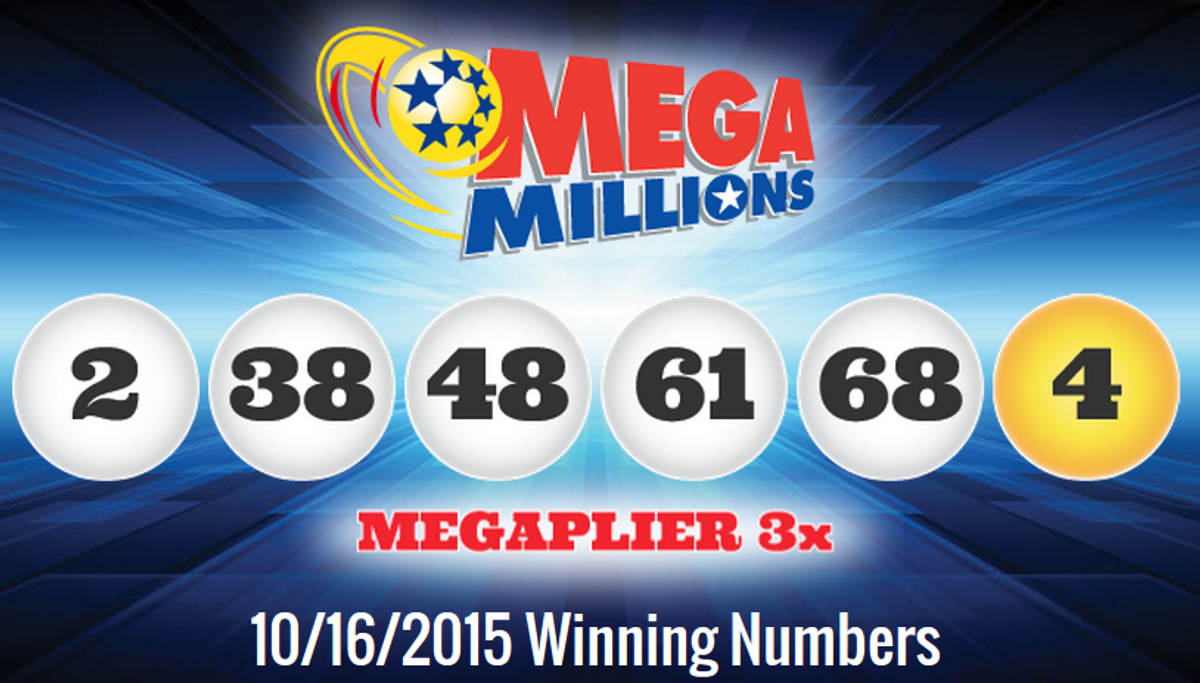
Power Bull | Snopes.com
- Select a language for the TTS:
- UK English Female
- UK English Male
- US English Female
- US English Male
- Australian Female
- Australian Male
- Language selected: (auto detect) - EN
Play all audios:
[green-label]Claim:[/green-label] The Powerball and Mega Million lottery games are giving away $1 million to people who share a message on Facebook.
[green-label]Example:[/green-label] [green-small][Collected via e-mail, October 2015][/green-small]
Powerball and mega million to give away 1 million dollars online. Is this true?
[green-label]Origins:[/green-label] In mid-October 2015, social media postings began touting that the Mega Millions and Powerball lottery games were giving away $1 million to people who
shared a Facebook message:
These posts were nothing more than variants of the long-running sweepstakes scam, which has previously targeted customers of such entities as Home Depot, and requiring people to share the
scam with their friends on Facebook. While these charlatans promise that sharing, liking, or commenting on a given Facebook post will make a person a millionaire, what Facebook users who
fall for the come-ons are really doing is spreading a malicious scam to more and more potential victims:
Don't believe what you see. It's easy to steal the colors, logos and header of an established organization. Scammers can also make links look like they lead to legitimate websites and emails
appear to come from a different sender.
Legitimate businesses do not ask for credit card numbers or banking information on customer surveys. If they do ask for personal information, like an address or email, be sure there's a link
to their privacy policy.
Watch out for a reward that's too good to be true. If the survey is real, you may be entered in a drawing to win a gift card or receive a small discount off your next purchase. Few
businesses can afford to give away $50 gift cards for completing a few questions.
Several state lotteries have warned their players against Facebook scams:
If you want to win the Mega Millions or Powerball lottery games, your best method for achieving that goal is to actually go out and buy a ticket. Of course, some might consider that approach
scarcely better than doing nothing, since the